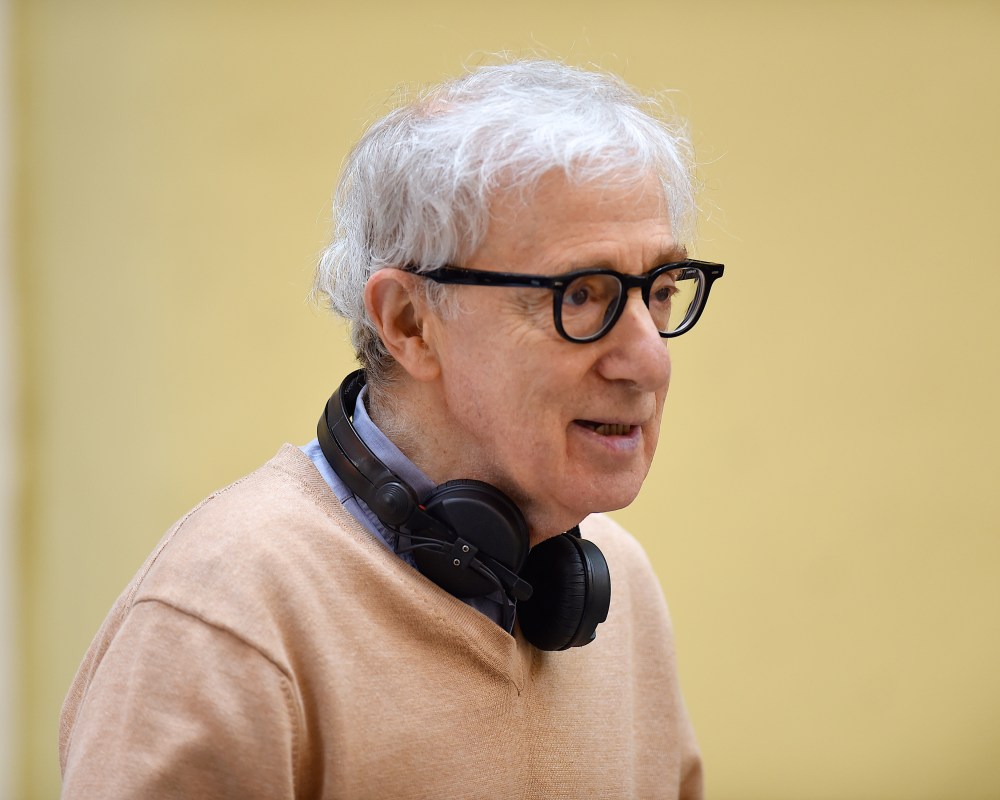Amid the growing chorus of outrage directed at Woody Allen, New York Times Op-Ed contributor Bret Stephens is taking the unpopular stand of defending the Oscar-winning director. A number of high-profile actresses, including Natalie Portman and Mira Sorvino, now says they regret working with Allen.
But, Stephens argues, that the 82-year-old filmmaker does not deserve to be the next bold-faced Hollywood name to be toppled by the #metoo movement. That certainly goes against the popular view in the wake of a renewed campaign by Allen’s adopted daughter, Dylan Farrow, to publicize her accusations that her estranged father molested her in 1992 when she was seven years old. Stephens argues that it’s a stretch to believe a pedophile would only strike once, and a child of that age can be susceptible to suggestions or misinterpreting memories.
“Dylan Farrow is a persuasive interviewee who seems absolutely sincere in her belief that she was molested by Allen as a child,” writes Stephens. “Allen, by contrast, comes across as a grouchy neurotic who, in his late 50s, had a distasteful affair with Mia Farrow’s adopted, barely adult daughter, Soon-Yi Previn. In the contest of sympathies, it’s not hard to guess who wins. But it’s precisely because Dylan’s account plays to our existing biases that we need to treat it with added skepticism.”
Thanks for reading InsideHook. Sign up for our daily newsletter and be in the know.


















